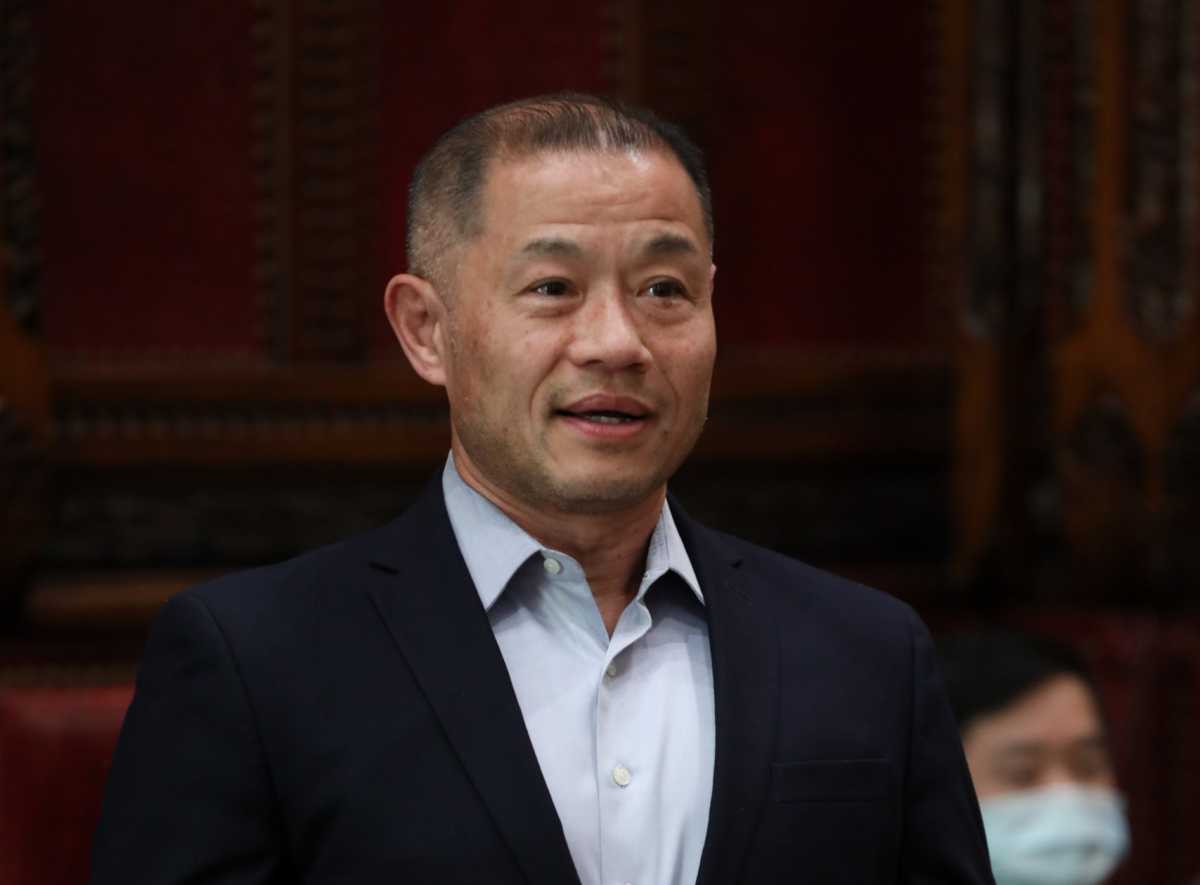New York Senator John Liu introduced two bills to the Senate Committee Tuesday. The first bill, S9459, would extend mayoral control of New York City public schools. The second, S9460, calls for class sizes in New York City public schools to be significantly reduced.
According to Senator Liu, who represents New York’s 11th District, these bill proposals come after several months of negotiations with his colleagues. The bills are intended to help strengthen input and engagement from parents and allow teachers to work more effectively with their students.
“Parents and the public will continue to be able to hold the mayor accountable while enjoying more meaningful engagement in Panel for Educational Policy (PEP) and Community Education Council (CEC) decision-making,” Senator Liu said. “Students and teachers will finally realize the fruits of the Campaign for Fiscal Equity court decision, which found reducing class sizes is fundamental to a sound, basic education. Many thanks to my colleagues in the legislature, the Adams administration, CEC and PEP members and all the students and parents who weighed in throughout these last months with insights into how and why we should change the system of school governance to make it more accountable to the people.”
S9459 would specifically extend mayoral control and accountability of New York City public schools for two years. Additionally, the proposed bill would increase citywide councils and CEC input and create a parent coordinator position in every public school. The bill was co-sponsored by Senator Robert Jackson of the 31st District.
S9460 specifically calls for the ability to modify classroom sizes in New York City school districts with populations over 1 million. The bill would prioritize schools serving high poverty level populations. As with the first bill proposed by Senator Liu, this bill is also co-sponsored by Senator Jackson.
As of June 1, both bills are currently in committee. The next stage in the process would be to put them on the floor calendar before the Senate votes on whether or not to pass them. If they end up getting enough votes, then the bills are sent to the governor, who can either sign or veto the bills.


































